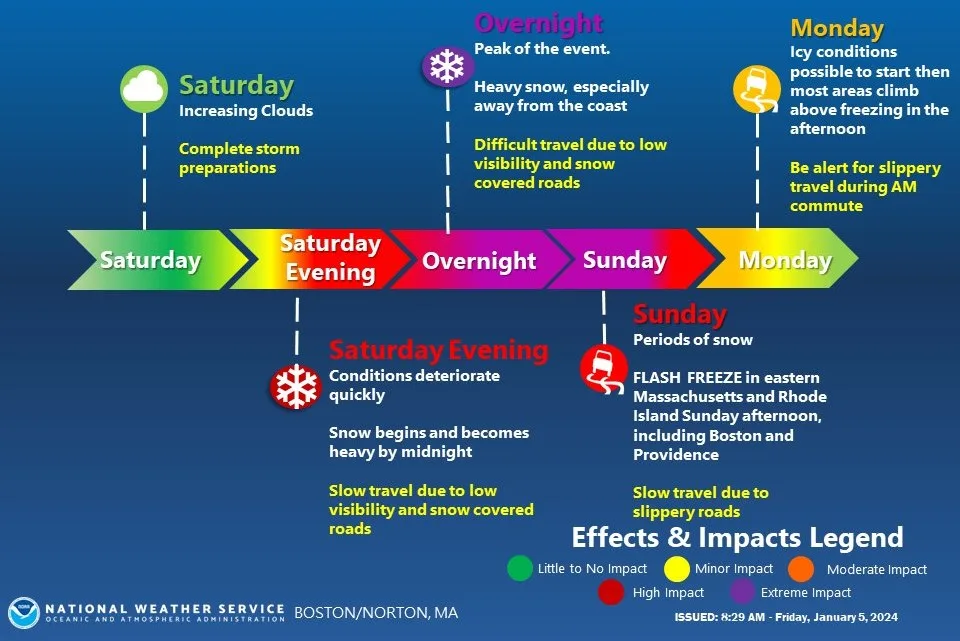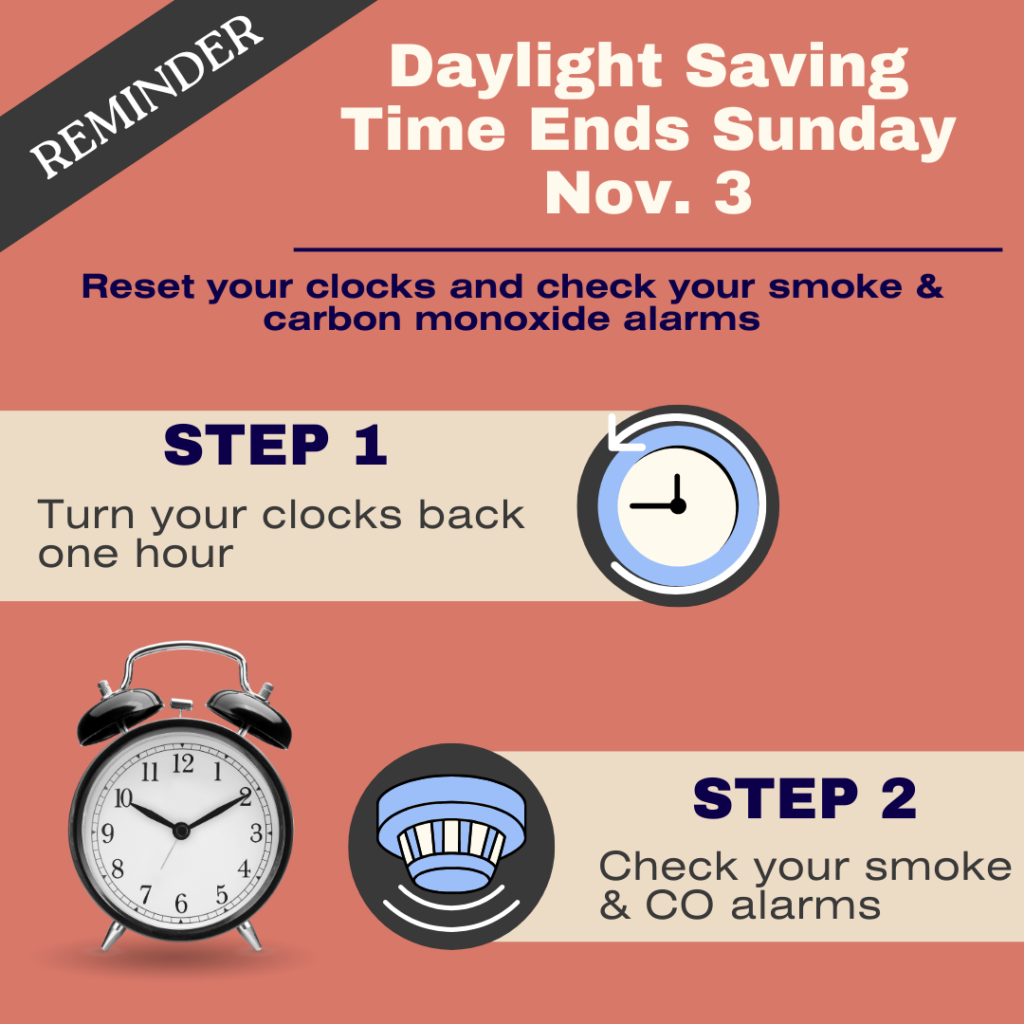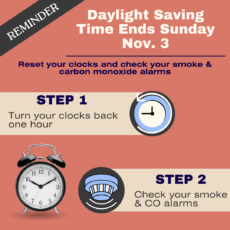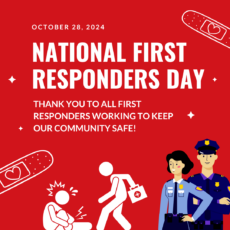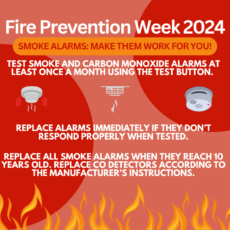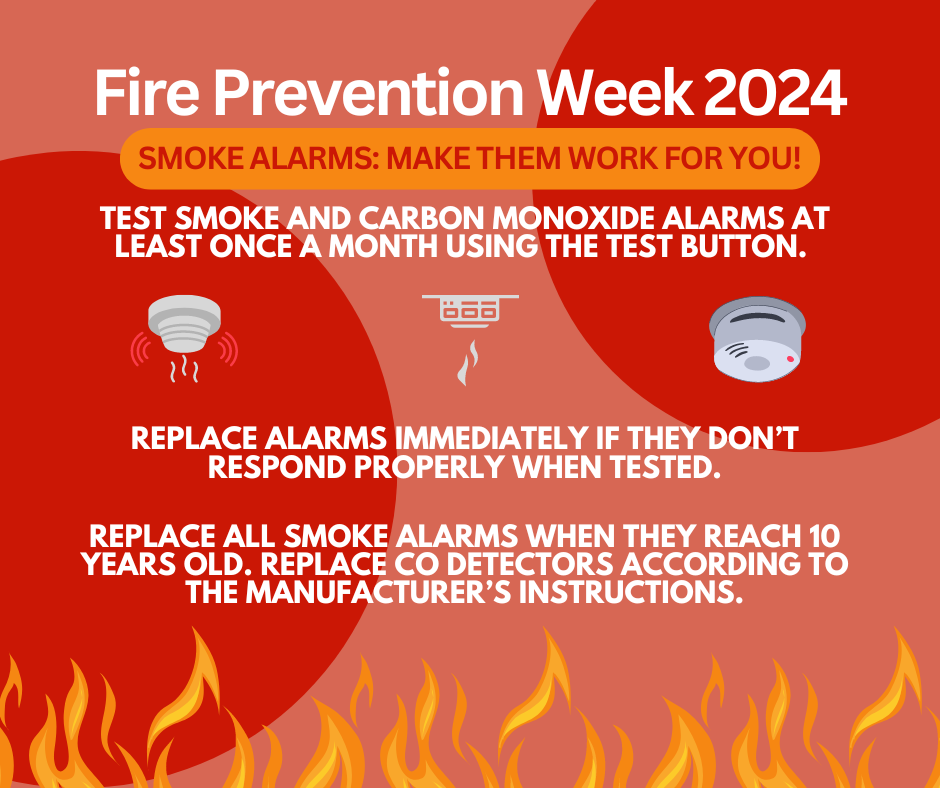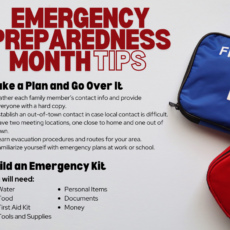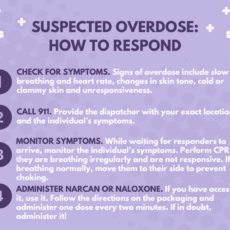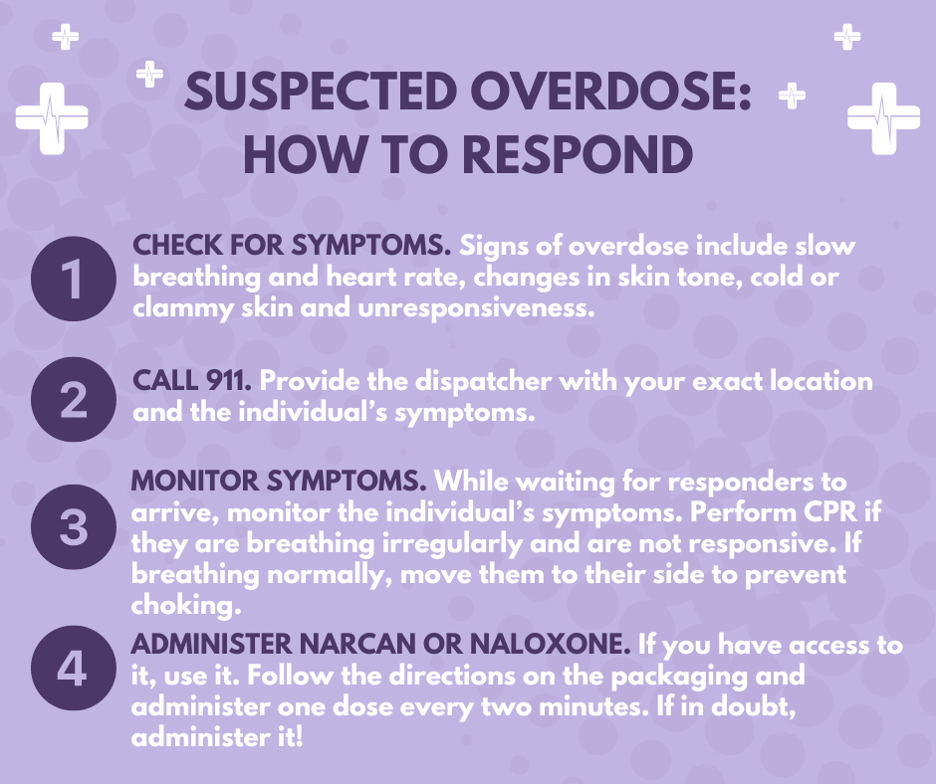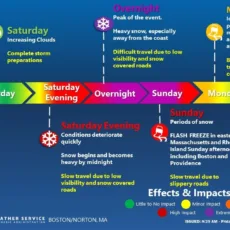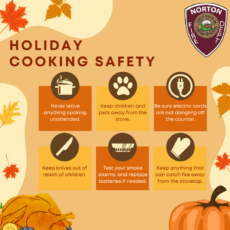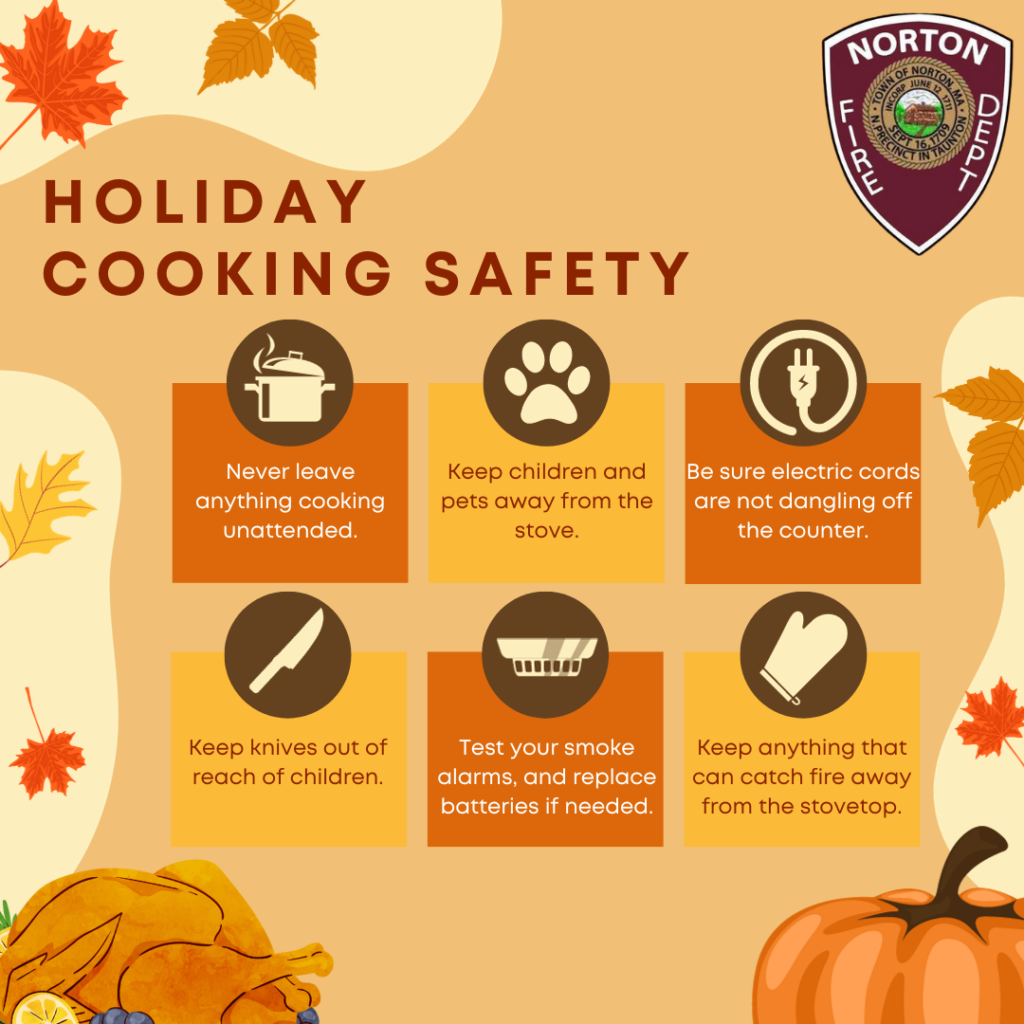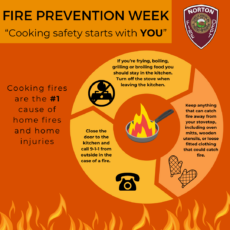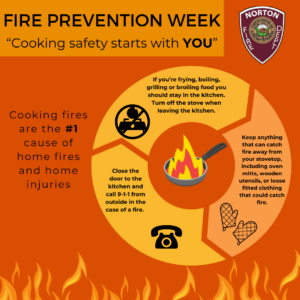With some of the first snow accumulation of the season expected this weekend, residents are reminded of winter weather safety precautions.
Stay Informed:
While snow totals may continue to change, much of Massachusetts, Rhode Island and Connecticut can expect 6-12 inches with lower totals for cities and towns closer to the coast.
Visit weather.gov to see the most recent forecast as the storm approaches. Residents are reminded that the forecast can change quickly and at any point. Stay informed by following local alerts, warnings and public safety information before, during and after emergencies. Residents can also listen to local area radio, NOAA Radio or TV stations for the latest information and updates.
Prepare Your Vehicle:
- Check your tires’ tread.
- Make sure all fluid levels are full and ensure that the lights, heater and windshield wipers are in proper working condition. Keep the gas tank full to avoid ice in the tank and fuel lines.
- Don’t leave the house without a fully charged cellphone and car charger. Prepare a winter emergency kit to keep in your car in case you become stranded.
- Know whether your vehicle has an antilock brake system and learn how to use it properly.
If You Must Travel:
- Be aware of current and forecast weather conditions. Avoid non-essential travel when the National Weather Service has issued advisories.
- If you must travel, inform a friend or relative of your proposed route and expected time of arrival.
- Drive cautiously and increase your following distance enough so that you’ll have plenty of time to stop for vehicles ahead of you.
- Don’t crowd a snow plow or travel beside the truck. Snow plows travel slowly, make wide turns, stop often, overlap lanes, and exit the road frequently. If you find yourself behind a snow plow, stay far enough behind it and use caution if you pass the plow.
- Remain cautious even after conditions have improved. Even if roadways have been cleared of snow following a storm, any water left on the roadways may freeze, resulting in a clear sheet of ice, also known as black ice. Black ice is patchy ice on roadways that cannot easily be seen.
Take Precautions Outdoors:
- Wear appropriate outdoor clothing: wear a tightly woven, preferably wind-resistant coat or jacket; inner layers of light, warm clothing; mittens; hats; scarves; and waterproof boots.
- Cold weather puts an extra strain on the heart. If you have heart disease or high blood pressure, follow your doctor’s advice about shoveling snow or performing other hard work in the cold. Use caution and take frequent breaks.
- Sprinkle cat litter or sand on icy patches.
If you experience a power outage and plan to use a generator, use extreme caution and allow for proper ventilation. Never use a generator indoors or inside a garage. Keep generators away from doors, windows and HVAC air intakes. Be sure that you have working carbon monoxide detectors. Additional safety information regarding the use of generators can be found here.
Residents are also asked to assist firefighters by clearing snow away from fire hydrants during and after significant snowfall. Shovel a path from the hydrant to the street, and clear snow 3-5 feet all around the hydrant so firefighters have enough room to connect a hose.
For more winter weather safety tips or winter driving tips, visit the Centers for Disease Control and Prevention and the National Highway Traffic Safety Administration.
###
